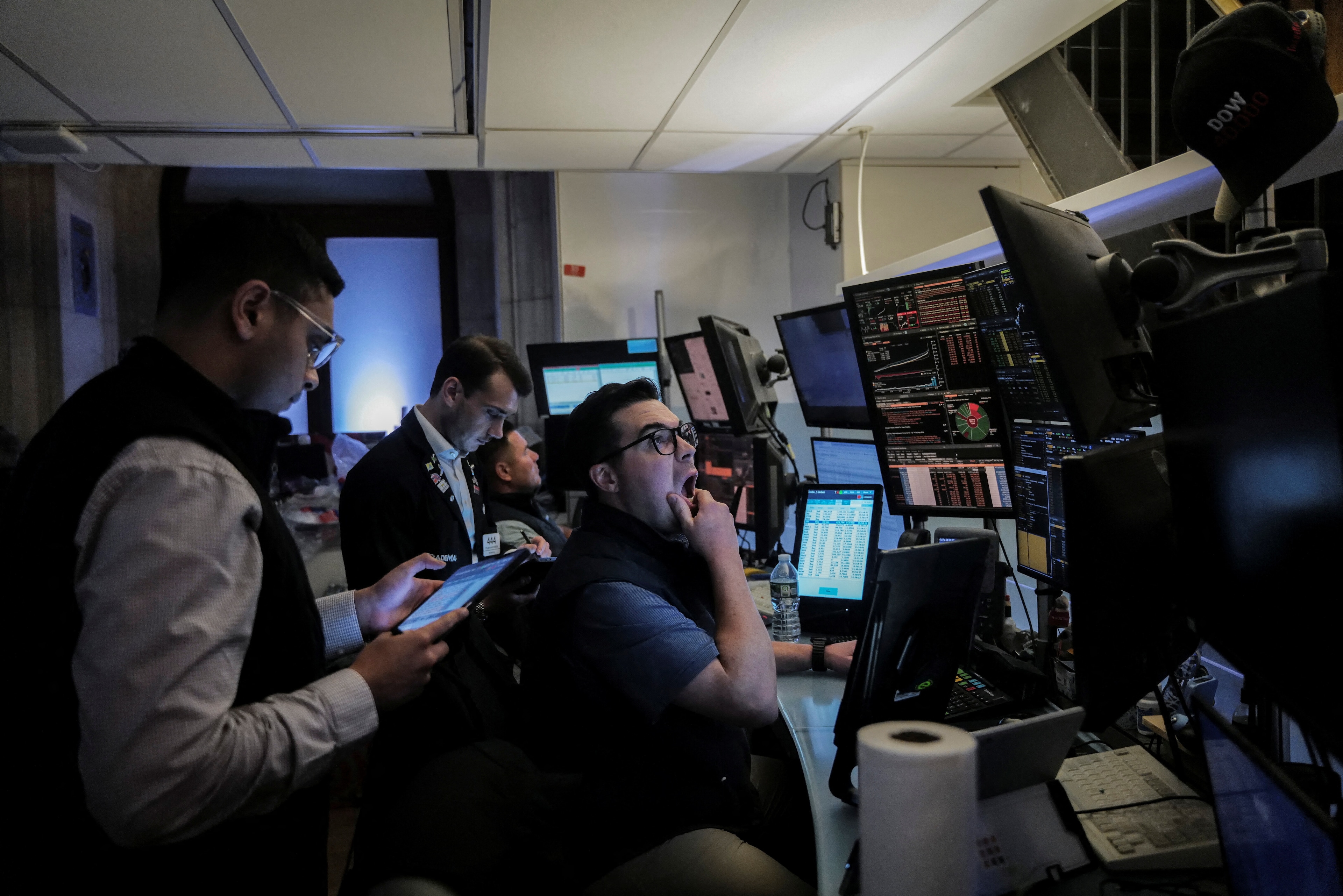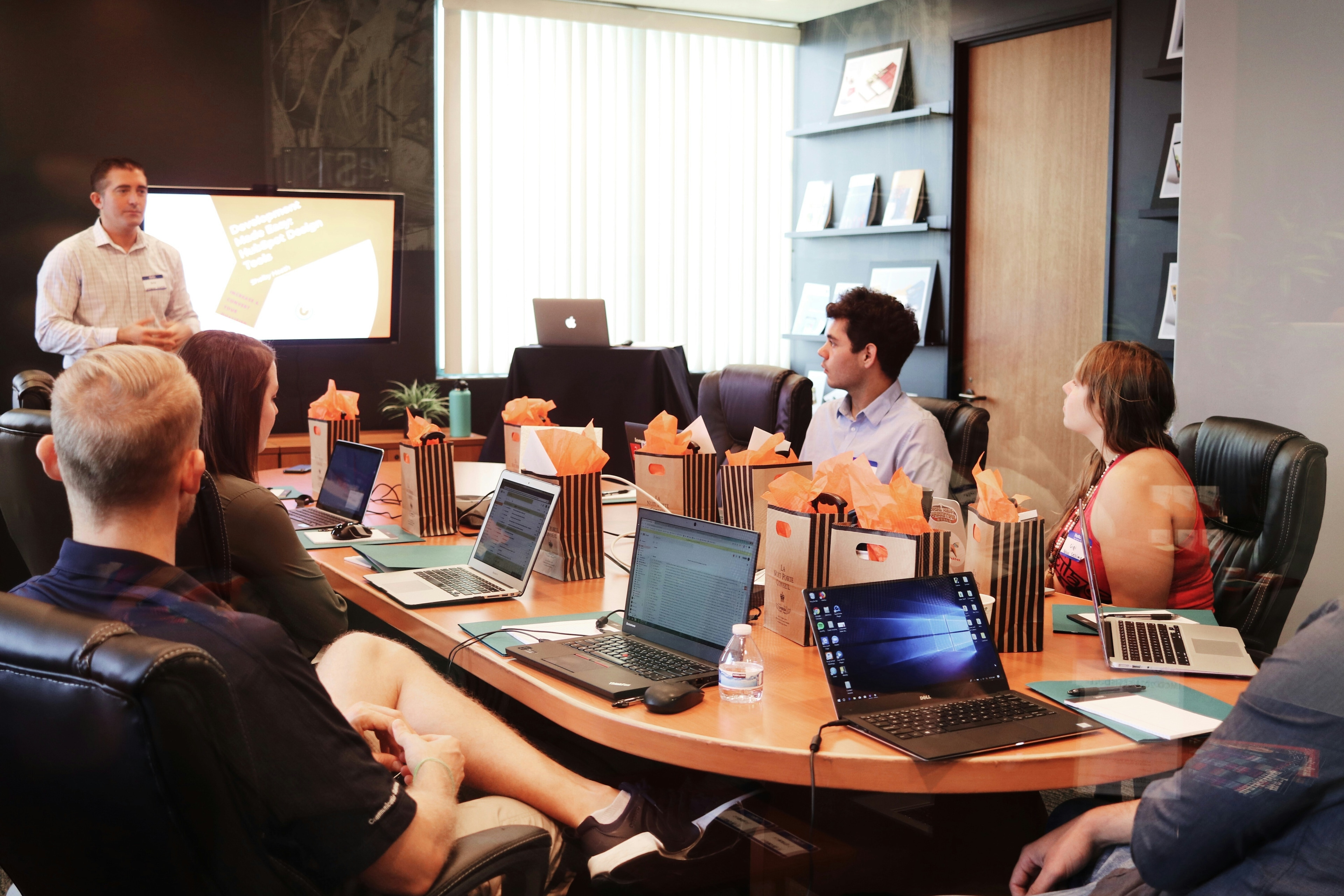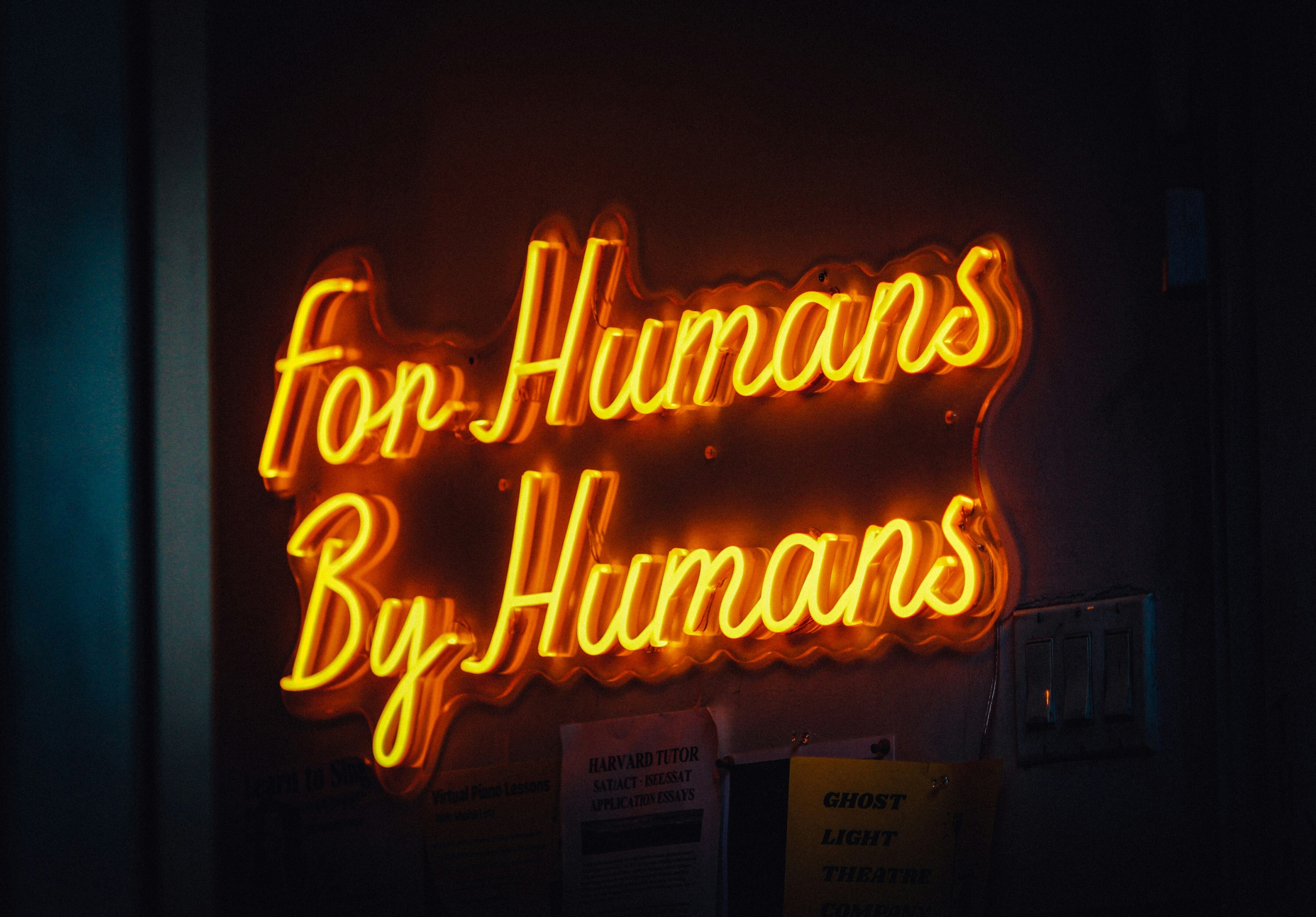Is poor generational intelligence holding you back at work?

People with high generational IQ thrive in a multi-generational workforce.
Image: REUTERS/Hannah McKay
Poornima Luthra
Founder and Chief Consultant , TalentED Consultancy ApS, and External Faculty at Copenhagen Business School.Stay up to date:
Future of Work
We have all heard about IQ, EQ (emotional intelligence) and even CQ (cultural intelligence), but what about GQ (generational IQ)? No, we are not referring to the men’s magazine, but to generational intelligence: the ability to work effectively in a multi-generational workforce.
Millennials have really shaken up the workplace recently, and generational diversity is finally getting the attention it deserves. And with Generation Z now making its way into the world of work, organizations are excited about the potential that this next generation brings with it. At the same time, they recognise that inter-generational differences have - more than ever before - the capacity to result in reduced employee engagement, lower productivity and increased staff turnover. To truly leverage an age-diverse workforce, an organization’s GQ is key.
The following four steps will help to build your organization’s generational IQ by enabling employees to flourish in an inclusive culture that embraces age diversity.

1: Understand your Gs
According to organizational behaviour expert Tammy Erickson, one of the four biggest reasons for generational conflict is that older and younger employees misinterpret each others’ behaviour. Understanding why someone from another generation behaves the way they do is crucial to better generational harmony; this begins with identifying to which generation your employees belong, and understanding their work-related values and behaviours.
However, the increasingly rapid pace of change in world events, politics, parenting styles, education and technology, accompanied by increasing life spans and later retirement ages means we need to rethink how we define the duration of a generation. When we start looking more closely, we find five generations in today’s workplace, including the micro-generations - those born between two recognised generations - of the Xennials and YZennials.
With Generation X, Y and Z making up about 68% of the global population, these micro-generations of the Xennials and YZennials are in no way small segments. Given that their formative life-experiences and work-related values straddle two generations, there is a need to pay more attention to the uniqueness of these micro-generations.
Xennials (born 1976-1985)
Xennials came of age during the dotcom bubble and while they have spent their adulthood sending emails and instant messages, they can recall a time without the internet. They combine Generation X’s strong desire for a good work-life balance with the optimism and more open relationship with authority of Generation Y. While Generation X prefers to work individually, the Xennials see the beneficial synergies that teams bring, and are comfortable working both individually and in teams. They demand more feedback than Generation X but are conscious of power distance, and are content with more weekly feedback rather than the on-demand feedback desired by generation Y.
YZennials (born 1996-2005)
This post-Millennial and pre-Generation Z grouping, who were young children when 9/11 happened, were raised in the age of helicopter parenting. They are the generation that has grown up in an uncertain world of populism, destabilising governments and lockdown drills. This generation has matured without the high-speed internet and ubiquitous wifi connectivity into which Generation Z was born, but have embraced social media more than Generation Y. The self-identity and self-worth of this “selfie generation” is intrinsically tied to their online identity. Like Generation Y, they look to harness collective power to solve problems and take on social causes such as reversing climate change and pushing the sustainability agenda, along with demanding authentic and transparent leadership. At the same time, like Generation Z, the work that the YZennials undertake needs to align with their own individual life-purpose, and in fact many of them start their journey to find this alignment earlier in college.
2: Recognise generational conflict
Developing GQ requires organizations to recognise that generational differences can actually affect how employees communicate with each other, their attitudes towards leadership, teamwork, feedback and learning, as well as how to motivate each generation. Very often, personality differences are cited as the cause of conflicts between individuals. While that may be part of the reason, generational differences in work-related values, expectations and ways in which we communicate may be at heart of the conflict.
3: Empathise and rationalise
Employees are better able to empathise with and rationalise workplace behaviours when they can see that aspects of their own work-related values and behaviours can differ from colleagues of other generations. To truly be able to empathize with and build tolerance and respect towards those of another generation requires organizations to build an inclusive culture, one which robustly embraces age-diversity. Senior leaders and managers will need to model appropriate pro-age-diversity behaviours while hiring across the age spectrum in the different areas of the business. Individuals will need to deeply reflect and identify their own attitudes, prejudices and behavioural responses towards various generational workplace situations while developing a genuine understanding of the behaviours of the other generations with which they interact.
4: Mindful communication and targeted motivation
Each generation and micro-generation responds to its own set of motivators. Each has differing preferences for what kind of medium of communication they use, the frequency of feedback they desire as well as attitudes towards teamwork. An understanding and respect for each generation will result in organizations and their managers striving to use appropriate communication methods and targeted motivators to help coach and inspire all generations in order to reduce workplace conflict and generational clashes, while improving employee engagement.
Generational intelligence or GQ is the capability required to leverage an age-diverse workforce - one that truly appreciates the contributions of each generation while respecting the differences in behaviours that each generation and micro-generation displays. Implementing these four steps will enable organizations to build this competence and create a culture that is inclusive of the various generations within it.
Don't miss any update on this topic
Create a free account and access your personalized content collection with our latest publications and analyses.
License and Republishing
World Economic Forum articles may be republished in accordance with the Creative Commons Attribution-NonCommercial-NoDerivatives 4.0 International Public License, and in accordance with our Terms of Use.
The views expressed in this article are those of the author alone and not the World Economic Forum.
Related topics:
Forum Stories newsletter
Bringing you weekly curated insights and analysis on the global issues that matter.
More on Jobs and the Future of WorkSee all
Antara Choudhury and Vivin Rajasekharan Nair
August 14, 2025
Atul Kumar
August 12, 2025
Shuvasish Sharma
August 6, 2025
Samuel Alemayehu
August 5, 2025
Neeti Mehta Shukla
August 1, 2025
Lisa Bechtold
July 29, 2025





